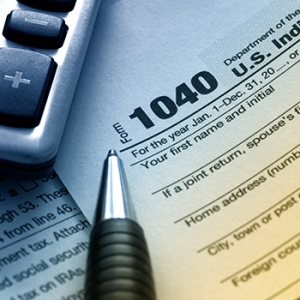What Happens With a Dismissed Bankruptcy?

It’s important to note – once a bankruptcy case is dismissed, the automatic stay ends immediately, which means creditors are allowed to renew their collection attempts. Any liens or transactions avoided by the bankruptcy case are also reinstated.
It’s important to have an experienced bankruptcy attorney in your corner to help navigate the complicated waters of bankruptcy law. We always help our clients understand every aspect of their bankruptcy case, including what happens if their case is dismissed.

 If you’re struggling with overwhelming debt, you’re not alone. Thousands of Dallas area residents have filed for bankruptcy so far this year.
If you’re struggling with overwhelming debt, you’re not alone. Thousands of Dallas area residents have filed for bankruptcy so far this year.
 Many of our clients are curious about what happens to their credit scores after they
Many of our clients are curious about what happens to their credit scores after they  It’s tax day, and that means many Americans are finding out that they owe even more money, thanks to the IRS. We always get questions at this time of year about how filing for bankruptcy will affect a family finances. In our last blog post, we discussed what can happen with any potential
It’s tax day, and that means many Americans are finding out that they owe even more money, thanks to the IRS. We always get questions at this time of year about how filing for bankruptcy will affect a family finances. In our last blog post, we discussed what can happen with any potential  Most of the time, if you’re in
Most of the time, if you’re in